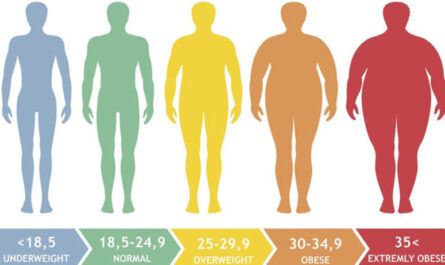Researchers at Wayne State University have recently published a study in Environment International, shedding light on the connection between per- and polyfluorinated alkyl substances (PFAS) exposure in men and health issues in their offspring.
The research, titled “Mixtures of per- and polyfluoroalkyl substances (PFAS) alter sperm methylation and long-term reprogramming of offspring liver and fat transcriptome,” assessed the impact of PFAS mixtures on the sperm methylome and transcriptional changes in offspring metabolic tissues, such as the liver and fat.
Michigan, where the study was conducted, has been in the news recently due to the EPA’s efforts to regulate PFAS chemicals and include them in the Clean Water Act. According to Michael C. Petriello, Ph.D., assistant professor in the Institute of Environmental Health Sciences and the Department of Pharmacology, this research is particularly relevant to Michigan and the rest of the country, as communities will soon have to meet specific standards for PFAS contamination.
Dr. Petriello’s previous work has shown that PFAS exposure can lead to cardio-metabolic health issues. However, this study focuses on the reproductive outcomes, fertility, and offspring metabolism. J. Richard Pilsner, Ph.D., M.P.H., professor of obstetrics and gynecology, associate director of the C.S. Mott Center for Human Growth and Development, and the Robert J. Sokol, M.D. Endowed Chair of Molecular Obstetrics and Gynecology, explained that this research is significant because it highlights the importance of male health prior to conception in determining the health of offspring.
The team’s findings demonstrate that exposure to a mixture of legacy and newly emerging PFAS chemicals in adult male mice resulted in aberrant sperm methylation and altered gene expression of offspring liver and fat in a sex-specific manner. This research suggests that preconception PFAS exposure in males can be transmitted to affect the phenotype of the next generation.
Dr. Pilsner expressed hope that these findings would promote a greater appreciation of male health in relation to their offspring’s development. He also emphasized the importance of clinical doctors advising male partners of the significance of their pre-conception health in the context of their children’s health.
Ezemenari M. Obasi, Ph.D., vice president for research at Wayne State University, believes that this groundbreaking research could have a significant impact on how individuals view harmful chemicals in their communities and how medical professionals advise their patients.
The researchers at Wayne State University are making strides in investigating new methods to improve public health, both locally and nationally, and serve as an excellent example of Wayne State’s commitment to empowering health in neighborhoods and fueling innovation for the benefit of the public.




